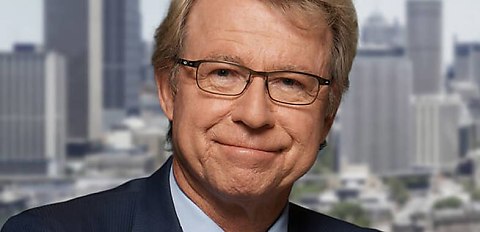According to AMP’s chief economist Shane Oliver, while speculation lingers regarding another early rate hike, Mr Oliver predicts that the cash rate has reached its peak.
“While there is still a high risk of one more hike in Australia in February, falling inflation should head this off so our base case is that the RBA has peaked ahead of rate cuts in the September quarter, taking the cash rate down to 3.6per cent by year end,” Mr Oliver expects.
However, he anticipates a slight further decline in Australian home prices due to the impact of high interest rates on demand and the rise in unemployment.
The supply shortage is expected to prevent a more pronounced fall, with expectations of notable disparities as prices continue to rise in Adelaide, Brisbane, and Perth.
However, subsequent rate cuts later in the year are anticipated to provide relief.
“Consumer spending, housing investment, and business investment are not running at excessive levels relative to GDP and there is still a large pipeline of home building work yet to be done providing some offset to the slump in building approvals,” he observed.
While business investment has experienced a slower pace and an increase in administrations throughout 2023, there is still a growth projection heading into 2024, noted Mr Oliver.
He observed the key focal points for 2024 included persistent concerns about inflation and central bank policies, the looming risk of recession – whether mild or severe – the status of the Chinese economy, and property sector.
Furthermore, potential US shutdown risks and the impact of the presidential election and, in Australia, the response of consumers and home prices to the delayed effects of high interest rates, potentially leading to rising unemployment.
This assessment followed 2023, a year initially poised for a looming recession due to multiple rate hikes and a tumultuous reopening in China, yet the year defied such expectations.
Mr Oliver highlighted that this shift has been aided by savings buffers, a resurgence in spending –particularly in dining out and travel – and some strategic retention of labour.
Inflation rates across major economies have significantly declined from their peaks of 8–11 per cent last year to approximately 2–5 per cent, with Australia also decreasing to 5.4 per cent by year end, signalling encouraging progress.
Moreover, the productivity of 2023 benefited significantly from the integration of artificial intelligence, particularly with the emergence of ChatGPT, fostering hopes for enhanced productivity.
Overall, global growth in 2024 is projected to hover around 2.5 per cent, a dip from the approximately 3 per cent recorded in 2023, though not catastrophic.
Anticipated weakness in the first half is expected to give way to stronger conditions in the latter half, extending into 2025.
In Australia, growth is forecast to decelerate to 1.5 per cent in the upcoming year, potentially experiencing very weak, albeit possibly mild recessionary conditions in the initial half, but strengthening conditions thereafter. Additionally, inflation in Australia is expected to subside to 3 per cent.
[Related: RBA's low tolerance for inflation increases hike risk: Economists]

